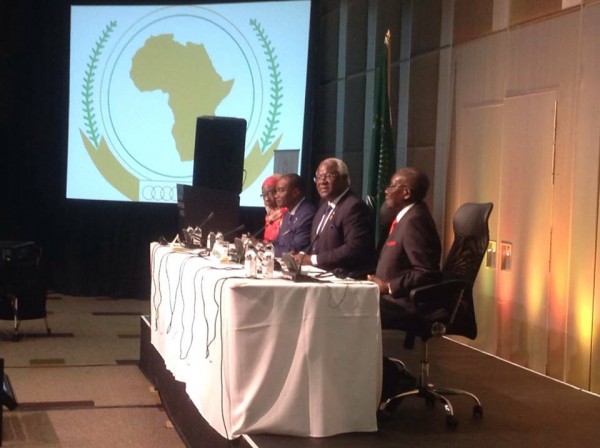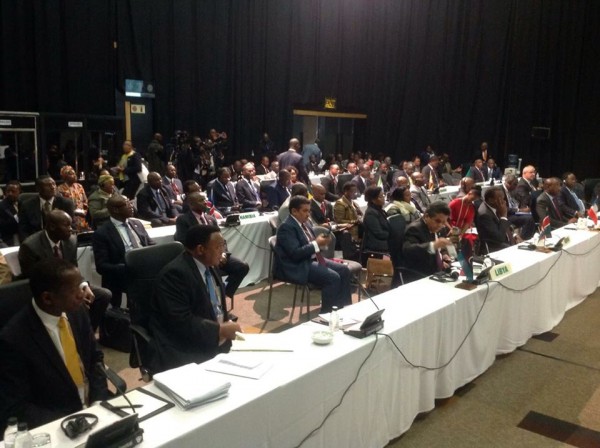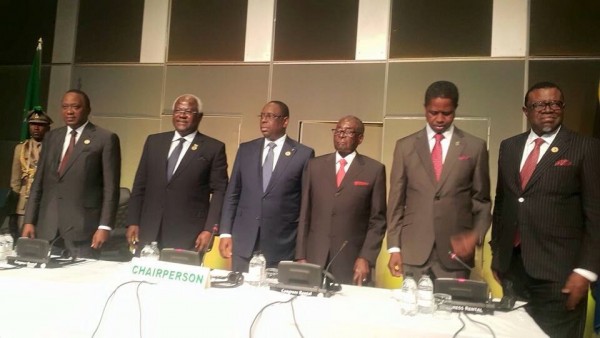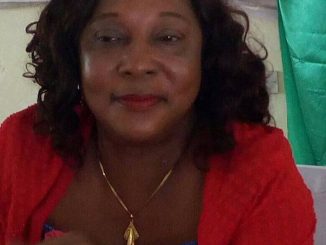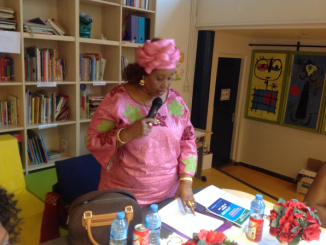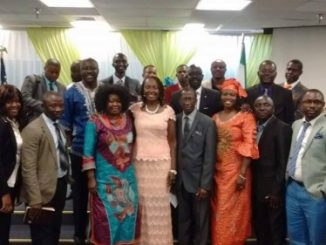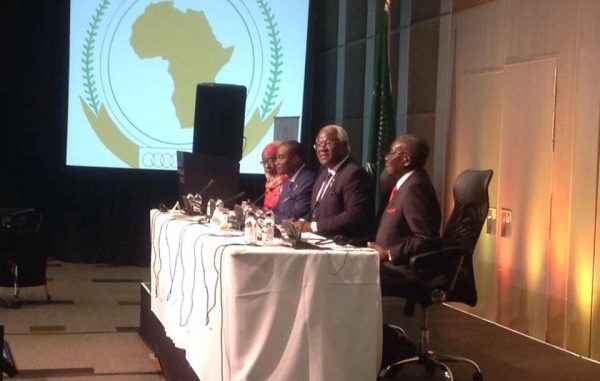
By State House Communications Unit
Since the African Union Committee of Ten Heads of State and Government (C-10) on United Nations Security Council Reform presented its last report to the 24th Ordinary Session of the African Union Assembly on 30th January 2015, the Committee has continued to engage in the intergovernmental negotiations (IGN) in New York as well as intensified efforts in advocating, canvassing and promoting the Common African Position. The C-10 also intensified its efforts to reach out at the highest political levels to galvanize the necessary political will in support of the Common African Position on UN Security Council reform.
On Saturday June 13, 2015, the committee met to discuss and finalize the report to be presented to the AU Assembly of Heads of State and Government on Sunday June 14 and Monday June 15 for endorsement. The report covers the period 1st February – 10th June 2015 and builds on the 15th Report of the Coordinator of C-10, His Excellency, President Dr. Ernest Bai Koroma.
According to President Koroma, the Common African Position will remain the same as encapsulated in the Ezulwini Consensus and Sirte Declaration. “The Common African Position gained momentum with an appreciable degree of support as well as understanding among member states with no real or immediate challenge to its legitimacy,” he said.
It is worthy to note that the African Union plays an increasingly important role in peacekeeping and conflict resolution, in some cases prodding the UN Security Council to action and in others, acting as subcontractors on its behalf. This is demonstrated by the African Union’s increased will and capacity to partner with the UN in carrying out hybrid missions in Somalia and the Darfur region of Sudan as well as supporting peace process efforts in the Republic of Mali and elsewhere on the continent.
Africa’s demand for a place at the Security Council is not just legitimate on the premise that as a global governance institution whose decisions affect its membership, but it is imperative that the continent’s under representation and non-representation in the non-permanent and permanent categories of the Security Council should be addressed. “Creating a fairer world should start with institutional reforms which ties into the global aspiration to eradicate poverty, promote human rights for all peoples and reduce the gap in development,” Sierra Leone’s President had maintained.
The Common African Position therefore provides a solution to addressing this inequity that regrettably continues to be perpetuated at the global norm setting institution. The demand for two permanent seats is just and legitimate. Therefore, any reform model that does not accord the same rights and prerogatives including the Veto to new permanent members will be a cosmetic and unfair attempt and may not be gratifying.
Stay tuned for more updates from the State House Communications Unit
SHCU©2015

